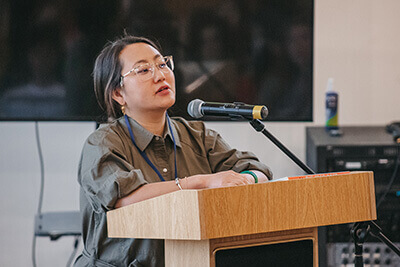July 17, 2023

The MPA Alumni Association Board of Directors is pleased to announce the 2023 MPA Alumni Association Award recipient, Jaye Sinkfield ’12. This award honors alumni of outstanding talent pursuing their own creative, intellectual, and professional inclinations while embracing the spirit of MPA’s commitment to community and social outreach. Award recipients are real-world inspirations for both current students and fellow alums to dream big and do right.
Jaye was nominated posthumously in honor of their impact on the world. Tragically, Jaye passed away in January 2023, leaving behind lifelong friends, family members, and hundreds of people who felt their impact and were inspired by Jaye. We sat down with Tammy Sinkfield, Jaye’s mother, to learn more about how and why Jaye lived and the legacy they left behind.
Jaye and their twin brother, Jordan, were born to Tammy, a single parent who never dreamed of having children due in part to fibroids that prevented pregnancy. “That’s why I say, ‘They are my blessings, because God saw it fitting that I should be their mom,’” says Tammy, an inpatient nursing supervisor at Gillette Children’s where she has been for more than 25 years. “At their birth, from the moment Jaye came into my view as the doctor lifted them from my womb, Jaye was the most beautiful androgynous precious being. Though I hardly knew what androgyny meant, I understood in that instant what it was when I saw my first born baby, Jaye, this beautiful combination of beauty, grace, masculine, and feminine. Everything about this baby was symmetrical, balanced, beautiful, and perfect. Jaye was like the Black Gerber Baby. Everybody commented on what a calm and gentle spirit that Jaye had at birth. That carried them through life.”
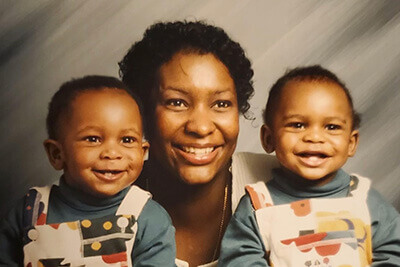 When the time came, Tammy took great care to find a school for Jaye and Jordan, interviewing more than 12 and selecting Four Seasons A+ Elementary. “We knew we wanted private schools. I was always in private schools. But I couldn’t afford MPA at the time,” she shares. The twins thrived in elementary school, often serving as the leads in the annual plays. They were excellent performers. They came to MPA in Middle School—Tammy took a second job, the twins received a scholarship, and they got here. “I wanted them to have opportunities.” Read More
When the time came, Tammy took great care to find a school for Jaye and Jordan, interviewing more than 12 and selecting Four Seasons A+ Elementary. “We knew we wanted private schools. I was always in private schools. But I couldn’t afford MPA at the time,” she shares. The twins thrived in elementary school, often serving as the leads in the annual plays. They were excellent performers. They came to MPA in Middle School—Tammy took a second job, the twins received a scholarship, and they got here. “I wanted them to have opportunities.” Read More
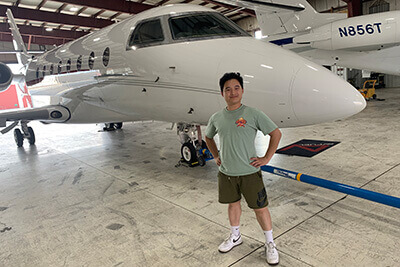 What are you currently doing, professionally and/or personally? What experiences or relationships have inspired you along the way?
What are you currently doing, professionally and/or personally? What experiences or relationships have inspired you along the way? from Dr. Bill Hudson, head of school
from Dr. Bill Hudson, head of school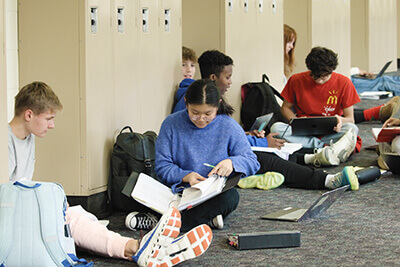 This message is from MPA’s Office of Admission from the January 27, 2024 issue of InsideMPA.
This message is from MPA’s Office of Admission from the January 27, 2024 issue of InsideMPA. 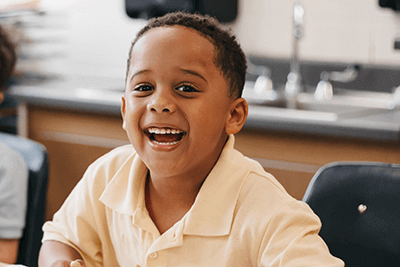 from Jennifer Le Varge, Lower School director
from Jennifer Le Varge, Lower School director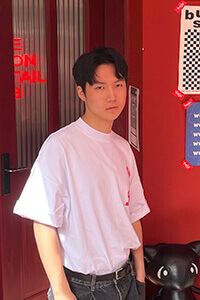 What are you currently doing professionally and personally?
What are you currently doing professionally and personally? This message is from MPA’s Office of Admission from the November 27, 2023 issue of InsideMPA.
This message is from MPA’s Office of Admission from the November 27, 2023 issue of InsideMPA. 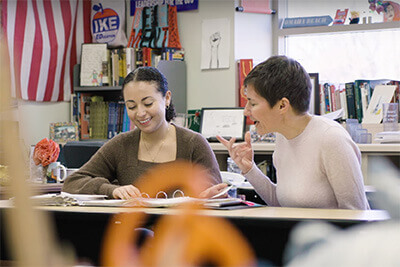 This message is from MPA’s Office of Admission from the October 28, 2023 issue of InsideMPA.
This message is from MPA’s Office of Admission from the October 28, 2023 issue of InsideMPA. 
 When the time came, Tammy took great care to find a school for Jaye and Jordan, interviewing more than 12 and selecting Four Seasons A+ Elementary. “We knew we wanted private schools. I was always in private schools. But I couldn’t afford MPA at the time,” she shares. The twins thrived in elementary school, often serving as the leads in the annual plays. They were excellent performers. They came to MPA in Middle School—Tammy took a second job, the twins received a scholarship, and they got here. “I wanted them to have opportunities.”
When the time came, Tammy took great care to find a school for Jaye and Jordan, interviewing more than 12 and selecting Four Seasons A+ Elementary. “We knew we wanted private schools. I was always in private schools. But I couldn’t afford MPA at the time,” she shares. The twins thrived in elementary school, often serving as the leads in the annual plays. They were excellent performers. They came to MPA in Middle School—Tammy took a second job, the twins received a scholarship, and they got here. “I wanted them to have opportunities.” 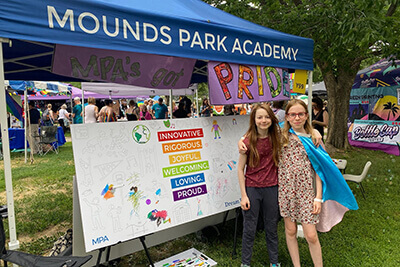 This message is from MPA’s Office of Admission from the July 2023 issue of InsideMPA.
This message is from MPA’s Office of Admission from the July 2023 issue of InsideMPA. 